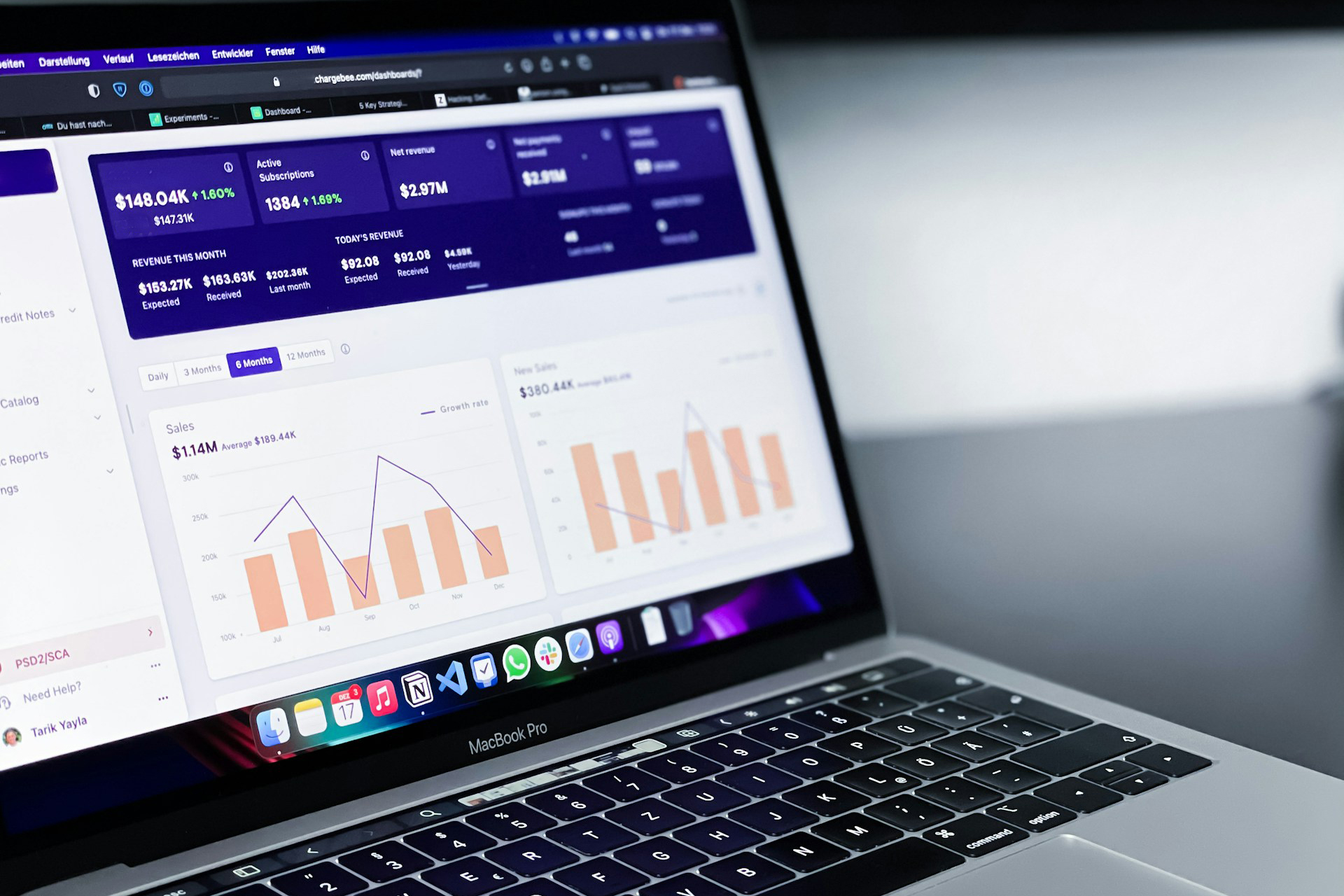Many people, beginning their journey into the business world, dread the word accounting. For those who haven’t had the chance to plunge into the numbers and figures of business operations, all those invoices, payments, payrolls, and financial terms may seem a little daunting.
However, basic accounting skills are nothing close to quantum physics. If you take some time to build some basic self-accounting skills, you will be amazed by the time and money it will save you. Your new skills will help you manage your business finances properly.
For beginners, it may be tempting to hire an accounting company. Of course, they will do all of those seemingly tedious tasks for you for financial compensation. Nevertheless, try to apply the same bravery and love for learning all the basic-self-accounting skills. Do what you did when launching your business and you’ll see results very quickly!
There are also many accounting tips and hacks that will allow you to manage your finances more wisely. If you outsource this work to another company, they will simply work on the basic requirements every business has to account for. But, when you take these matters into your own hands, you will be astonished by how much you can achieve on your own!
In this article, we are presenting you with a comprehensive guide on how to make your self-accounting skills top-notch. Regardless of whether you’re already running a business or preparing to launch a startup, these skills will come in handy in multiple areas of your day-to-day business.
Learn how to organize and prioritize
This is one of the most precious business tips and skills that you will acquire from self-accounting. Organization skills are comprised of planning, time management, prioritizing, and detail-orientedness.
Most people consider being organized a character trait that one is simply born with. You probably heard some of your colleagues say “I like to keep things neat and systematic”, while others say “I’m a messy person by nature and I hate planning and organization”. The notion that we are born with a certain level of organizational skills is a common misconception. Like everything else, you can work hard to drastically increase your planning skills.
There are two main ways to do this:
Taking an organization and planning course
Some of the top online course providers, such as Coursera or Udemy, offer a number of useful web classes for business organization and planning. Among them, there are also some specialized ones in self-accounting skills, so you can go through them as well. Probably, some of the most popular courses in this niche on Udemy are Digital Declutter by SuperHuman Academy and Three Steps: Organizational Skills Course.
Using technology tools to help you organize
With today’s almighty technology, it’s never been easier to stay organized and track all your expenses and income. There are many apps and online tools that allow you to organize your accounting. Be sure to compare them and pick the one that best fits your needs.
Managing your own accounting will basically force you to become organized. So, no matter how disorganized you think you may be, self-accounting will show you that there was a little accountant hidden somewhere inside you all along.
Research and keep up with recent developments
Just like all things digital, there are always changes, and shifts in the way accounting are done. It’s like online marketing: what was once a best practice can quickly become obsolete with the emergence of newer and better technologies.
Even if you run a small business, there are so many intricacies and details to accounting. Practically, it’s impossible and maybe even unnecessary to be familiar with all of them. The best way to go about this is to find your own needs and requirements. Then, just focus on them and try to stay as informed as possible.
Also, don’t be afraid of mistakes. As a small business owner who works on their self-accounting skills, you are bound to make accounting mistakes, and that’s entirely okay. But, make sure you research the more complex topics or issues that are challenging for your business in-depth so that you don’t repeat the same mistakes.
Find motivation and build resilience
As previously mentioned, accounting can definitely be daunting, even for the bravest of entrepreneurs. Remember, for non-experts in finance; it’s not a shame not knowing everything and not learning all accounting secrets within a month.
Learn what motivates you the most when it comes to self-accounting. Is it independence? Efficiency? Or being able to save money? Whatever your reasons may be, you will have to remind yourself of your goals all the time in order not to lose motivation.
If you’re feeling overwhelmed by all the complex details, try to research some of the accounting tips that experts share to help beginners. This will show you that you’re not alone. Every self-starter has had its troubles with managing its accounting by itself.
Develop wiz-like IT skills
As a modern entrepreneur, it’s highly likely that you’re no stranger to cutting-edge technology. Even in our private computer time, we all use so many tools, apps, and programs. Most of which, we consider as given in our everyday lives.
However, accounting technology is a whole different ball game. If you haven’t done accounting before, you probably haven’t encountered any of the most popular tools out there. Microsoft Office Excel is a common example of an accounting tool amongst novices where you can create reports, spreadsheets, invoicing templates, diagrams, and much more.
For invoicing and time management, there’s Elorus: a great self-accounting tool that will simplify your invoicing, payments, and organization and significantly reduce the time you spend on the business part of … well, running your business!
Reducing manual labor of typing in numbers and formulae by hand is the optimal goal for your company. Working on advanced IT skills in these programs will help you significantly decrease the time and effort you will put into accounting. The more you learn, the more you will improve!
Perfect your time management skills
Prioritizing tasks, managing schedules, and payments, and saving time are all basic components of self-accounting. It’s a skill closely related to good organizational habits.
If you are having trouble keeping track of time for your hourly project, Elorus has a full solution for all your time management needs. With this tool, you can benefit from advanced timesheets where you can separate your time into blocks related to specific projects.
This is the last step in refining your self-accounting skills. After you have learned to keep things in order and research all the ins and outs of your accounting requirements, you will first need some practice. After you perfect all these tasks, time management will come in handy for making your efforts more efficient and quicker.
So, you have to become an expert in self-accounting and, at the same time, learn to successfully manage your time. Then, you will finally witness all the benefits of the amazing skill of managing your own finances.
Conclusion
When you’re starting to do your own accounting, it’s essential to stay patient and persistent. Don’t feel discouraged when you bump into first-time mistakes and errors. Perfecting the craft implies that you will soon have enough experience to make zero mistakes. Learning a new skill takes time and practice, but it will surely be worth it in the long run.
Follow the advice above, and your chances of becoming a real accounting virtuoso are high!
About the author
Donald Fomby is a professional writer and translator working on German localization projects at PickWriters. He is a native speaker of German with academic experience in the US, as well as a fluent speaker of French and Spanish. He’s an insatiable learner with a passion for entrepreneurship, self-improvement, and knowledge sharing.






